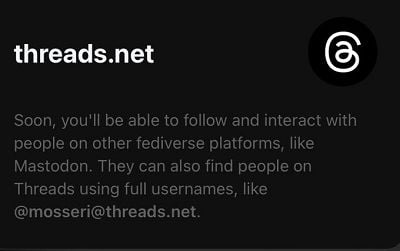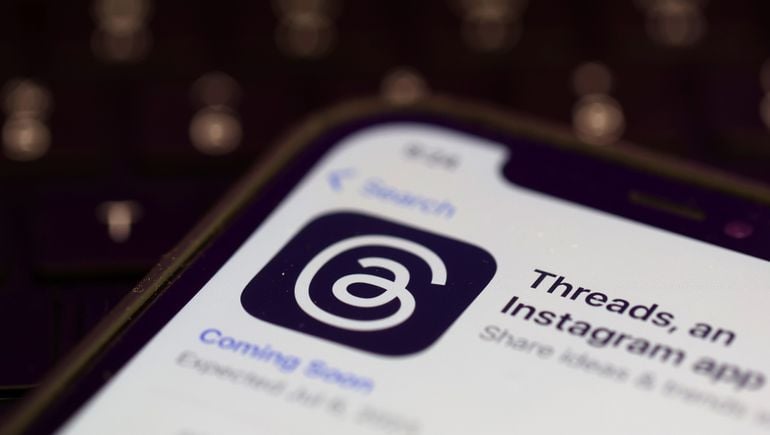As promised, Meta’s moving ahead with its plans to enable Threads to be interoperable via decentralized protocol, which will mean that Threads content and profiles will soon be reachable via other fediverse-based apps.
As outlined by Meta CEO Mark Zuckerberg, Meta’s now testing a new process that will enable Threads content to be viewable on Mastodon, and other ActivityPub-based systems, plugging Threads into the fediverse concept.
“Wait a second, egghead,” I hear you say. “What the heck is a fediverse?
The fediverse is a collection of thousands, even millions of independent, “federated” servers which are all working in tandem to facilitate a new form of open social media access. The core of the concept is that through the power of many, there’s less centralized control, meaning that no single platform or company ends up making the rules, or gathering user data, as each instance can establish its own parameters, algorithms, systems, etc.
Essentially, it divides the power that Meta currently holds among many users, who are all, ideally, incentivized to their structure experiences around the greater good.
And now Meta, which has arguably been the key key player in implementing the problems that led to the fediverse push in the first place, is looking to align with it. Which, understandably, is not entirely being welcomed by fediverse mods.
Nevertheless, most see Meta’s fediverse alignment as a positive step, while it will also facilitate more data portability, and control over your content, which, again, Meta had promised at the launch of its Twitter-clone app, but most expected would be well on the back-burner, and unlikely to be available for some time yet.

But Zuck and Co. are looking to show that they’re serious about decentralization in the app, and the opportunities of a more open platform eco-system, which could also connect Threads content to a range of other tools and platforms that utilize ActivityPub standard.
It’s early days for the integration, and it’ll take some time for the Threads team to establish broader connection into the Mastodon network. But it could facilitate a significant expansion of the app’s connected audience, while also, as noted, enabling more control over your content.
At this stage, it appears that Mastodon users will be able to follow Threads users via the integration, but Threads users won’t be able to follow them back. That’s likely an early wrinkle, but it could help to expand awareness of Threads content, facilitating greater reach and engagement.
And while Meta still has a way to go, it has slowly been building in more interoperable elements.
Back in August, Threads added an option that enables users to verify their profile on Mastodon, another step towards facilitating direct connection.
It’s an ambitious project, and one that many are skeptical of, given Meta’s historic “walled garden” approach. But it is making moves to drive broader integration, which could open up a range of new opportunities for fediverse-connected tools.



